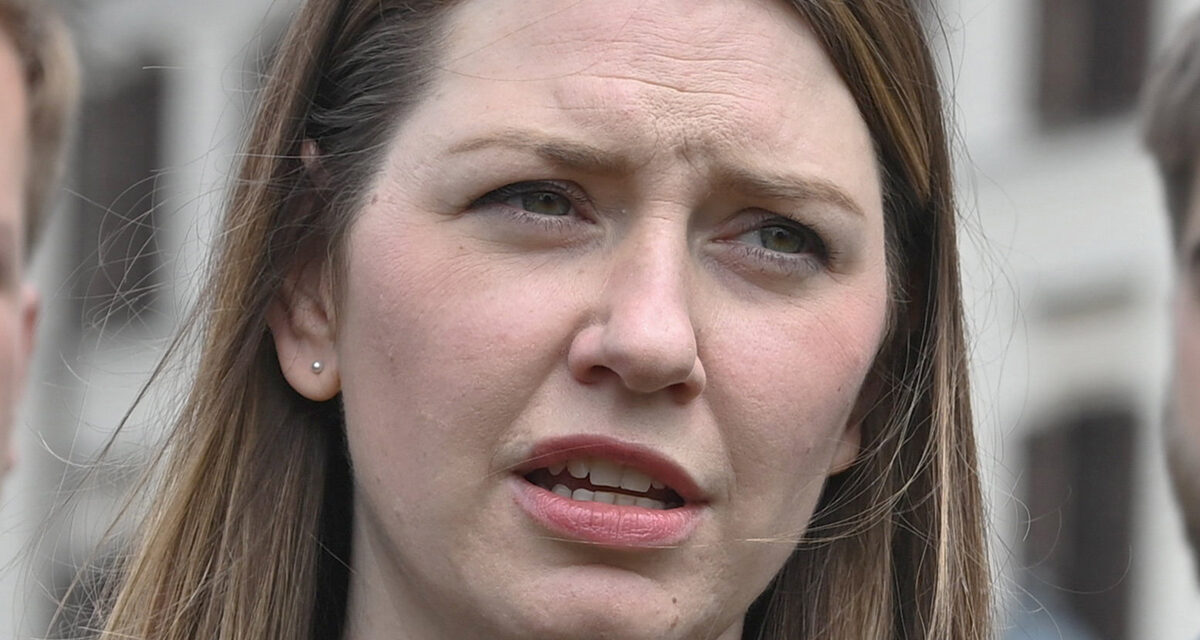We, Hungarians, together at the polls, on Sunday. Written by Mátyás Kohán.
It was only three years ago that I first came out with a pointed pen against the idea of Huxit. Then I wrote to Tamás Fricz, who was flirting with the idea, and Mr. Kövér, the Speaker of the House: "Only a narrow circle of politicians, experts and journalists in Budapest can afford the luxury of the culture war being their livelihood at the same time, we call them the political establishment - and theirs is a sitting position that is completely different from the sitting position of the average Hungarian person. That is precisely why politicians, experts and journalists are the least allowed to play with the idea of Huxit - because it is not their livelihood that is at stake, but everyone else's." I believe: a person living on a state salary, i.e. independent of the Hungarian real economy, should not even morph into something like that,
which has no effect on his income, but depending on the state of the Hungarian economy, it threatens the well-being of Hungarians who live better or worse, earn in forints and pay taxes.
And now I have to say the same to Anna Donáth, whose well-deserved elimination from EP is the object of my fervent hope. I can endure any number of mandates of Péter Diktafon for him. Donáth had the following to say about the withholding of EU funds yesterday:
"If Orbán stays, the fate of hundreds of thousands, millions of young Hungarians will be the assembly plant or public work. I'm sorry, then it's better to have seven narrow years, so that after that there will be a future for the next generations."
Anna Donáth says three things with this. On the one hand, he admits that the EU funds - nini - are not stolen red-handed, as the country and the world liked to sing for years; since the fact that they do not come now causes "seven narrow years" On the other hand, he also admits that the only real purpose of withholding EU funds is to topple Viktor Orbán. And thirdly, he claims that this is fine. It is okay for millions of Hungarians to live worse for years for the sake of the hoped-for overthrow of Viktor Orbán.
Ebadta says this from the shadow of a fifteen thousand euro representative salary in Brussels. (Let's be precise: a monthly salary of ten thousand and seventy-five euros and eighteen cents and four thousand nine hundred and fifty euros in reimbursement of expenses comes from the shadows.)
I believe that it is good for him anyway. I believe that his standard of living is completely independent of Hungary's,
I especially believe that if at the end of the party he even succeeds in winning the government at the cost of financial blackmail of his country, then it was doubly worth it. On the other hand, those 344,000 of our fellow citizens who voted Anna Donáth five years of unlimited welfare in the European Parliament in 2019 live worse than they could, and Anna Donáth is even proud of that, precisely because of Anna Donáth's work. It is terribly difficult for me to choose the words, and I really hope that Anna Donáth's former voters will also recognize the endless unpleasantness of the situation.
The fact of the matter is that making moral statements at the expense of others is extremely discredited. The politician who is ready and willing to adjust his standard of living to the current average Hungarian salary will talk about "seven narrow years" (At the moment, this is one-tenth of Anna Donáth's monthly income; she would not, by definition, participate in the seven tight years.) Whoever does not deny himself the same standard of living as the representatives of Luxembourg, Poland and Portugal,
you will be pleased to accept that Hungarians working in the real economy are worth as much as Luxembourgers, Poles and Portuguese
– they are equal participants in the cohesion program of the European Union, and thus entitled to the economic benefits of each of our EU eurocents. Even if they have a conservative government. There is no provision in the basic EU treaties that the rights of the member states only apply to liberal and social democratic or pseudo-conservative governments.
Of course, I can already hear the endlessly boring, tone-deaf nonsense that the EU money is not frozen because of them, but because of Orbán's theft, and that Orbán could get all the EU money in a minute by returning to the path of the rule of law and fulfilling the milestones of the rule of law. Well, if I may say something on this matter as an EU journalist who has been behind the scenes for years, hiding procedural documents and visiting Brussels:
C'est pas vrai, Anna, as every pacifier knows.
Whoever spreads these vile lies will be kind enough to say them one day in the eyes of János Bóka and Tibor Navracsics, who are sweating blood in order to obtain EU funds. The reality is much uglier than this, as I have described in detail so many times: the Hungarian government has no interest whatsoever in the fact that our country has been suffering a massive competitive disadvantage for years due to the withholding of EU funds, it is maximally willing to compromise on anything, and it has fulfilled all its commitments - which the The European Commission thinks over and over again, and blocks all Hungarian solution proposals during informal negotiations, knowing that the European Parliament would slaughter them in minutes for fair treatment of the Hungarians.
If the Commission treated Orbán's Hungary and Tusk's Poland equally, then in November 2022, when the 17 original commitments to the rule of law were made (not when they were fulfilled, but when they were made) we would have received all our money at once -
in comparison, the Poles have now received all the money for making the commitments, and we are not paid even when the commitments are fulfilled.
The fulfillment of the rule of law commitments is of course very important, only the political context is more important than this: the fact that the European Parliament wants a change of government in Hungary following state bankruptcy, and many member states of the European Union want a total change of direction in Ukraine, LGBTQ and migration policy.
If Orbán's world is a terrible place, then the Hungarians will replace it themselves - in case of bad governance, no amount of EU money will save Fidesz. If, on the other hand, the Orbán world might suit the voters,
well - then it is a completely illegitimate patriotism to deliberately make life worse for millions of Hungarians, including the opposition, by withholding EU funds.
Here we are, after two years of crisis, money freezes, and domestic political turbulence, with Fidesz, which is probably 45-50 percent, and Tisza, which has completely crushed the opposition so far. Even this fool is clear: the Hungarians simply do not want Anna Donáth's disgusting policy. Even our compatriots in the opposition do not want to live worse today so that Anna Donáth can come to power in a few years. A politician who lives on public money denies the basic meaning of his existence if he builds his politics on the deterioration of the living standards of voters working in the real economy. My friends, family members who are doctors, teachers, and engineers are starting their lives as small entrepreneurs
and for the sake of all Hungarians working in the real economy, I wish this policy to hell.
We'll give you, Anna, seven narrow years at the polls on Sunday!
Anna Donáth's vote out of the European Parliament can be a national cause that unites Fidesz and the opposition: we will all win if we no longer reward Anna Donáth with fifteen thousand euros a month for hindering Hungary's catch-up. Therefore, I urge you in a nationalistic manner: vote for any EP list of great merit that does not include Anna Donáth.
Let's vote brick by brick! So that he lives ten times worse, and we all the better.
It's worth it. Hungarians go for it!
Featured image: MTI/Noémi Bruzák













